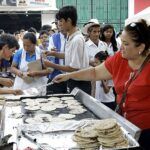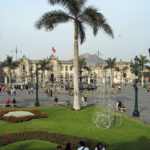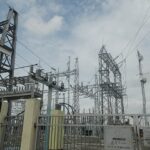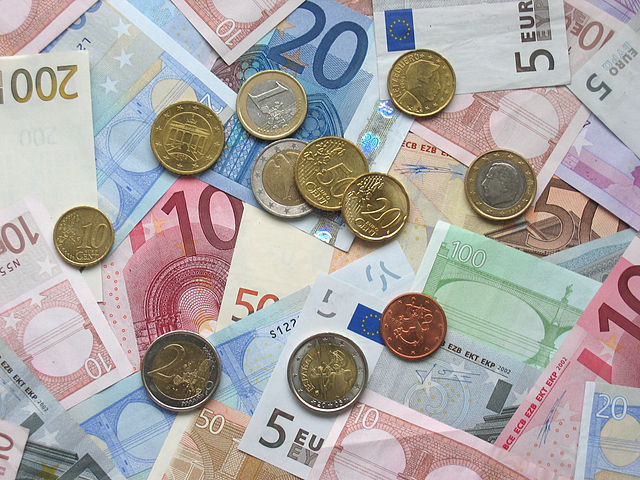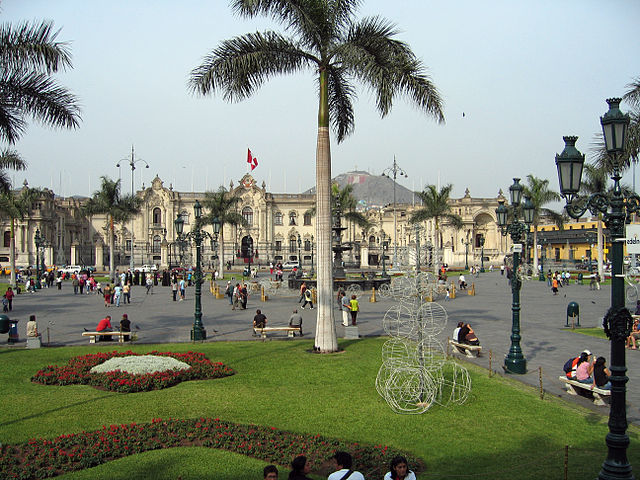The Ecuadorian economy has experienced a year-on-year growth of 0.7% in the first quarter of 2023, compared to the same period last year. This growth has been driven by positive variations in household consumption (1.6%), government expenditure (0.5%), and exports (0.4%). However, fixed capital formation contracted by 5.2%, and imports decreased by 1.3%.
In terms of year-on-year performance, household consumption has been bolstered by an increase in consumer credit operations, rising remittances, and the recovery of adequate employment. Additionally, exports have seen growth due to increased sales of shrimp, bananas, coffee, cocoa, and flowers.
Among the industries, 12 out of 18 sectors have reported positive performance. The sectors with the highest year-on-year growth include petroleum refining (16.6%), shrimp aquaculture and fishing (6.4%), postal and communications services (6.2%), accommodation and food services (3.7%), and agriculture (2.7%).
On a quarterly basis, the Ecuadorian economy contracted by 3.4% in the first quarter of 2023 compared to the fourth quarter of 2022. This decline can be attributed to reductions in government expenditure (-7.3%), exports (-5.1%), fixed capital formation (-4.6%), and household consumption (-2.0%).
It is important to note that the results for the first quarter of 2023 reflect the decline in national oil production caused by two force majeure declarations issued by Petroecuador in February and March. The first declaration was a result of a landslide in the Marker River in the province of Napo, which halted operations of the country’s two oil pipelines between February 23 and March 1 of this year. The second declaration was due to conflicts with communities near four oil fields (Edén-Yuturi, ITT Block, Auca, and Block 16-67).
Furthermore, government expenditure has decreased compared to the last quarter of 2022, as that quarter saw the process of salary equalization and harmonization for teachers in the education sector. Finally, the contraction in fixed capital formation can be attributed to a decrease in the acquisition of machinery and transportation equipment, reduced activity in the construction sector, and the political uncertainty that the country has been facing since the beginning of 2023.
Analysis from a Classical Liberal Perspective:
From a classical liberal perspective, the Ecuadorian economy’s performance in the first quarter of 2023 provides insights into the interplay between government policies, market forces, and external factors.
The positive growth in household consumption reflects the resilience and adaptability of individuals and their ability to make decisions based on their own preferences and needs. The increase in consumer credit operations demonstrates the importance of free markets and the availability of credit to empower individuals to make choices that align with their economic aspirations.
Similarly, the growth in exports highlights the importance of international trade and the role of market-oriented policies in expanding economic opportunities. By allowing Ecuadorian producers to access global markets, exports can contribute to increased prosperity, job creation, and the development of competitive industries.
The contraction in fixed capital formation raises concerns from a classical liberal perspective. A decline in investment suggests a lack of confidence in the business environment and may be attributed to factors such as regulatory burdens, uncertainty, and the absence of clear property rights. To foster economic growth, policymakers should focus on creating an enabling environment that encourages private investment, entrepreneurship, and innovation.
The reduction in government expenditure can be seen as a positive step towards a more limited government. When government spending is reduced, it allows resources to be allocated more efficiently by the private sector, which is better equipped to respond to market demands and create sustainable economic growth. However, it is essential to ensure that reductions in government expenditure do not negatively impact essential public services or undermine the provision of basic needs to vulnerable populations.
The force majeure declarations and conflicts affecting the oil industry highlight the risks associated with relying heavily on a single sector for economic growth. A diversified economy, where multiple industries thrive and compete, is more resilient and less vulnerable to shocks. From a classical liberal perspective, fostering a competitive and open market economy, encouraging entrepreneurship, and removing barriers to entry in various sectors can help drive economic diversification and reduce dependence on any one industry.
In conclusion, the Ecuadorian economy’s performance in the first quarter of 2023 reflects both the potential and challenges faced by a country striving for economic growth and stability. From a classical liberal perspective, policies that promote individual freedom, free markets, property rights, and limited government intervention are key to unlocking the full potential of the Ecuadorian people and facilitating sustainable and inclusive economic development. By embracing these principles, Ecuador can create an environment conducive to entrepreneurship, innovation, and prosperity for all its citizens.

